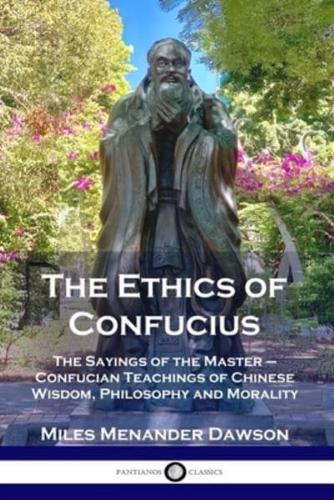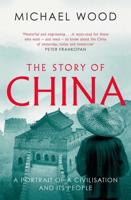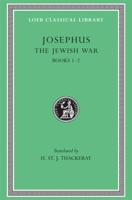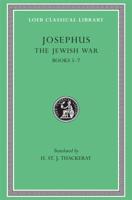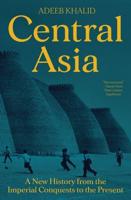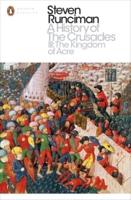Publisher's Synopsis
Enthusiast and scholar of Eastern wisdom Miles Menander Dawson offers an eloquent analysis of Confucian wisdom and the morality expressed in ancient Chinese philosophy.
Writing in the early 20th century, Dawson seeks to demystify and present a human face to the wisdom and philosophy of the great Chinese sage Confucius. The social and moral proscriptions of the iconic master of ancient Chinese wisdom are explained to a Western audience - we hear of how Confucius did not merely wish to express tenets of morality, but offer an example of how work life, family life and governance can harmonize. The idea of the 'superior man' who embodies Confucian virtue is presented as a model that all human beings may aspire to.
Individual chapters are devoted to the role of the state and government in everyday life, the importance of cultivating a peaceful and harmonious family life, responsible and constant self-development, and courteous and reasonable relations that should occur between the superior man and others. Finally we come to an aspiration of Confucius for all humankind - the "Great Principle", whereby superior men attain positions of leadership and influence, going on to create a society that promotes and sustains the virtues that helped them gain office.
